Brighton and Hove Recovery Service
Your initial assessment will be on the phone. We will then invite you into our friendly Brighton and Hove service for a comprehensive assessment. After this, we will help you to decide the right route to your recovery goals. Your journey might include:
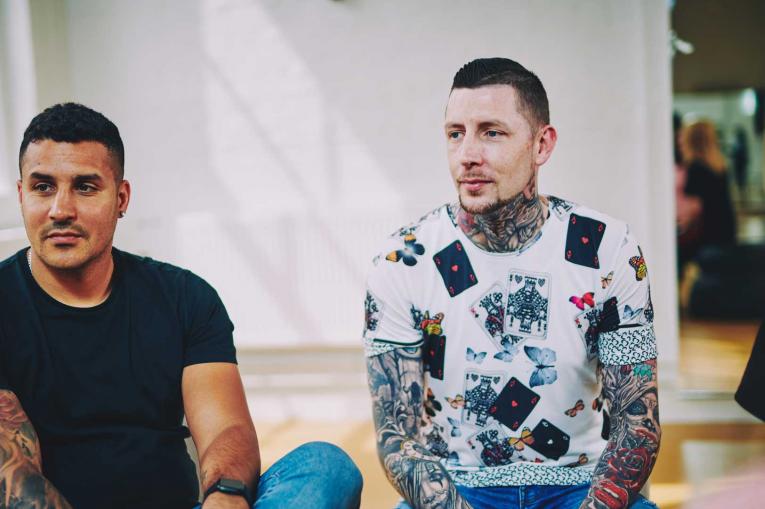
One-to-one support
A major part of our service is one-to-one support. You will be matched with a recovery coordinator who you will meet with regularly. Together, you will develop a care plan which will help you set and achieve your recovery goals.
Groups
We run a variety of groups every day of the working week. Some are geared towards established methods to recovery, such as the 12-step fellowship (Narcotics Anonymous, Alcoholics Anonymous, etc.). However, if they are not for you, there are plenty of alternatives. You can find out more below or discuss the options with your recovery coordinator.
If you are unsure where to begin, a good place to try is the Start Here Group.
Support with drugs
Image and performance-enhancing drugs
Image and performance-enhancing drugs (IPEDs) are a range of substances including steroids (used for bodybuilding, keeping fit and enhancing perceived physical appearance) and ‘smart drugs’ (that may help concentration and focus).
Although increasingly popularised on social media, in gyms and on university campuses, regular use of these substances can result in unwanted and potentially harmful outcomes.
Find out more about IPEDs here. If you would like support around your use of IPEDs, we can help – just refer yourself.
If you would like to use our needle exchanges, a number of pharmacies will be able to help
Needle and syringe programmes
Needle and syringe programmes are places where you can get new, clean injecting equipment and advice for staying safe. You can also return any used equipment so that it can be safely disposed of.
We also offer a needle and syringe programme by post, with the option of discrete packaging, for free.
Use the code:
11 40 00 58 22
If you want to access needle and syringe programmes in person, there are a number of options in the city. Look out for this logo, which shows where you can exchange your needles.
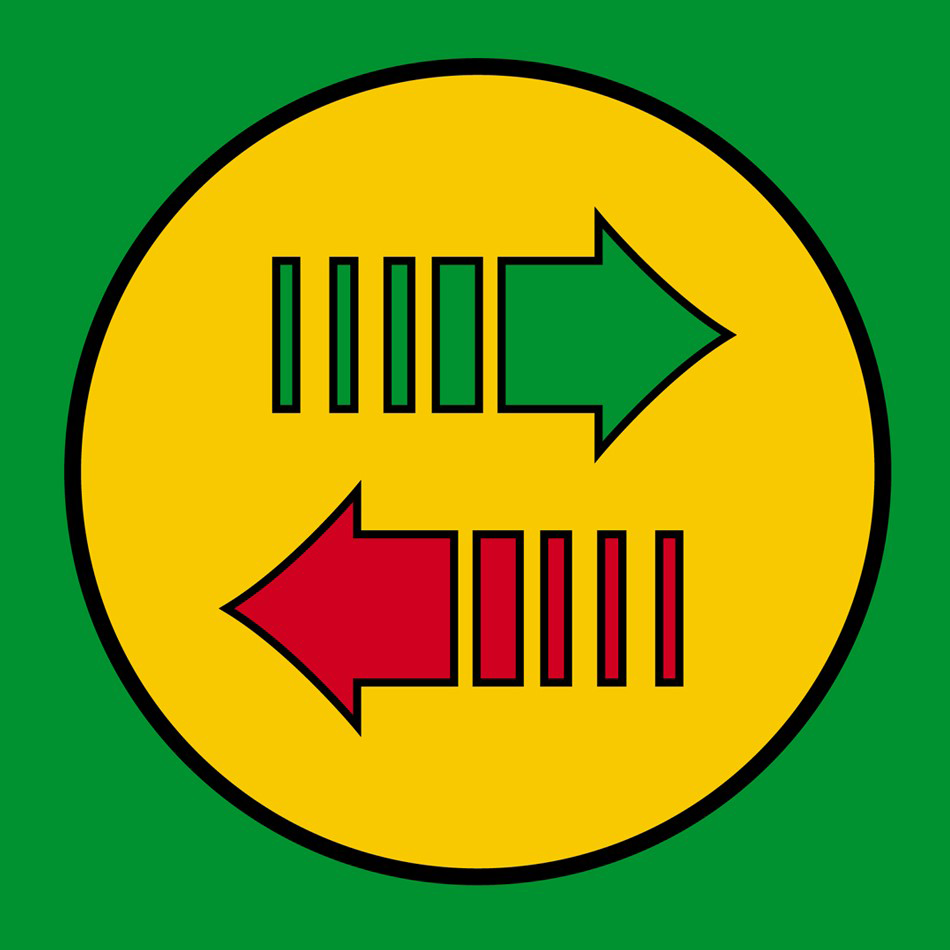
Some local pharmacies offer a free needle and syringe programme:
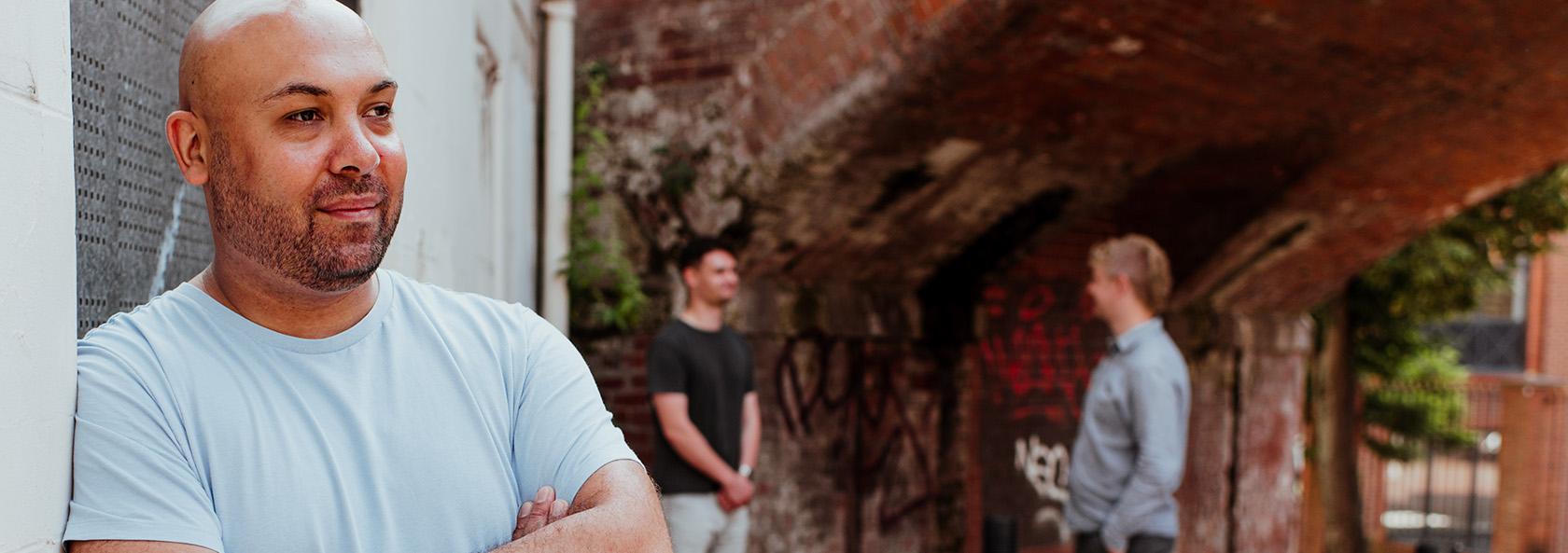
Naloxone
Naloxone is life-saving medication that can reverse an overdose from opioids.
All pharmacies offer naloxone for free - just ask at the counter. We also have stocks available at our service in Richmond House.
Find out more about naloxone.
Substitute medication
If you are using medication to help with your recovery, this is called medication-assisted treatment (MAT).
The medicines that we offer are methadone, buprenorphine and Buvidal therapy. The prescribing clinician will work with you to choose the best medication to suit your needs.
These medications can replace street drug use and will help to prevent relapse, reduce withdrawal symptoms and provide you with the long-term benefits of improved health.
When you first start your prescription, you will need to go to your pharmacy on a daily basis. Your prescription will need to be reviewed if you miss doses.
If you are planning on travelling we will need four weeks notice to help ensure your treatment can continue.
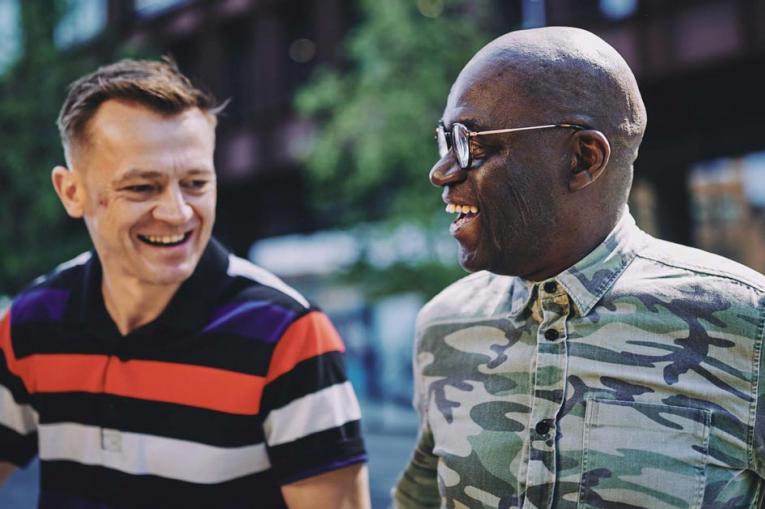
Chemsex
Find out more about chemsex and how we can help with slamming packs and more support by clicking the link below.
Chemsex supportSupport with alcohol
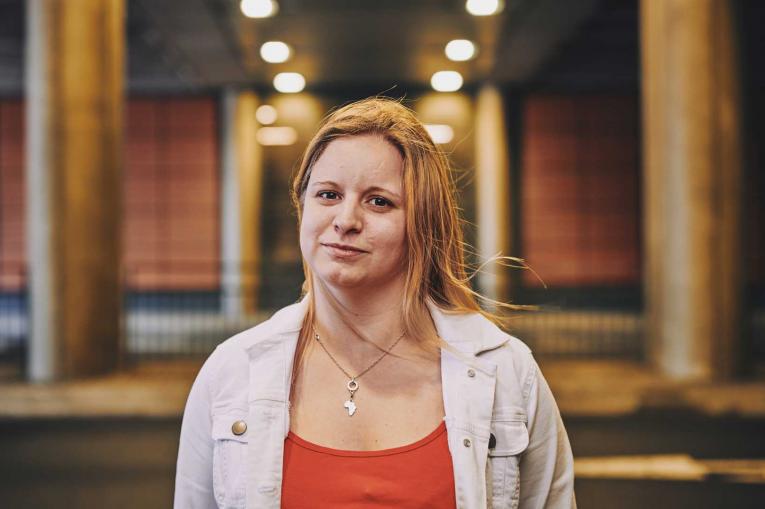
Detox
If you are drinking alcohol every day and notice unpleasant withdrawal symptoms when you are not drinking, please do not stop drinking suddenly. This can cause extremely harmful withdrawal symptoms.
A detox will help you to withdraw from alcohol safely and comfortably. Find out about how detox works and what is involved at the link below.
What is a detox?